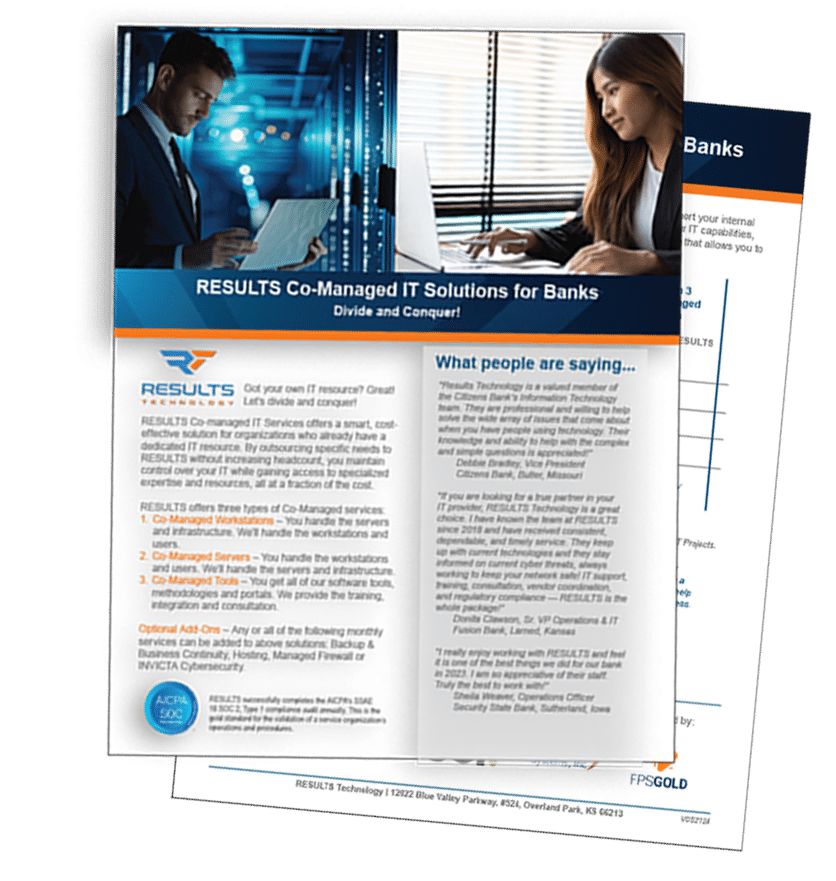Banks and financial institutions rely heavily on third-party vendors for a myriad of services, from IT solutions to customer service platforms. However, the reliance on external vendors also introduces various risks that must be meticulously managed.
This guide aims to provide an understanding of vendor management, focusing particularly on due diligence and what you must do to keep your data safe.
Do You Really Need to be Worried About Vendor Security?
Vendor management and due diligence are critical for several reasons. Firstly, vendors can have a direct impact on a bank’s operations, customer experience, and overall business continuity. Any disruption or failure on the vendor’s part can lead to significant operational, financial, and reputational damage to the bank.
Secondly, the regulatory landscape for banks is stringent, with various laws and guidelines mandating thorough vendor due diligence. Regulators like the Office of the Comptroller of the Currency (OCC) require banks to identify, assess, and mitigate risks associated with third-party relationships. Failure to comply with these regulations can result in hefty fines, legal penalties, and loss of customer trust.
Regulatory Requirements for Due Diligence
Due diligence in vendor management is not just a recommendation; it is a regulatory mandate. Banks are required to perform comprehensive due diligence to evaluate the risks and ensure that their vendors comply with applicable laws and regulations. This includes assessing the vendor’s financial stability, operational capabilities, and adherence to data security and privacy measures.
According to the OCC’s “Third-Party Risk Management Guide,” the third-party relationship life cycle consists of five key steps:
- Planning: Define the purpose, scope, and risk profile of the third-party relationship.
- Due Diligence and Third-Party Selection: Conduct thorough due diligence to select the most suitable vendor.
- Contract Negotiation: Establish clear terms and conditions in the contract to manage risks.
- Ongoing Monitoring: Continuously monitor the vendor’s performance and adherence to contractual obligations.
- Termination: Plan and execute a smooth transition if the relationship ends.
Understanding these steps can help banks structure their vendor management processes more effectively.
Variation in Due Diligence Requirements
Not all vendors pose the same level of risk. Critical vendors—those whose failure could significantly impact the bank’s operations, customers, or regulatory compliance—require more extensive due diligence.
Factors such as the vendor’s access to sensitive data, the complexity of the services provided, and the potential impact on business continuity should be considered when determining the level of due diligence required.
Key Considerations in Due Diligence
When conducting due diligence on vendors, banks should consider several key factors:
- Compliance and Regulatory Requirements: Ensure that the vendor complies with all relevant laws and regulations. This includes Anti-Money Laundering (AML) laws, Know Your Customer (KYC) requirements, and other financial regulations.
- Data Security and Privacy Measures: Assess the vendor’s data security policies, encryption practices, and measures to protect sensitive information. Data breaches can have severe consequences for banks, making this a critical aspect of due diligence.
- Financial Stability and Business Continuity: Evaluate the vendor’s financial health and their ability to continue operations in the event of disruptions. Financial instability in a vendor can lead to service interruptions and affect the bank’s operations.
- Reputation and Industry Standing: Consider the vendor’s reputation and experience within the banking industry. Vendors with a strong track record and industry expertise are more likely to understand and meet the specific needs of your bank.
SOC Audits for Critical Vendors
For critical vendors, Service Organization Control (SOC) audits are an essential component of due diligence. SOC audits provide an independent assessment of a vendor’s controls related to security, availability, processing integrity, confidentiality, and privacy. By reviewing SOC reports, banks can gain insights into the vendor’s control environment and identify any potential risks.
Additional Documentation and Reports
In addition to SOC audits, banks should request other documentation and reports from vendors, including:
- Risk Assessments: Comprehensive assessments that identify and evaluate potential risks associated with the vendor’s services.
- Business Continuity Plans: Detailed plans outlining how the vendor will maintain operations during disruptions.
- Incident Response Plans: Procedures for addressing data breaches, security incidents, and other emergencies.
- Compliance Certifications: Proof of compliance with industry standards and regulations.
Best Practices for Vendor Management
Effective vendor management requires a proactive and structured approach. Here are some best practices to consider:
- Establish Policies and Procedures: Develop comprehensive policies and procedures that outline the entire vendor management process, from vendor selection to ongoing monitoring and termination.
- Find Vendors with Good Disaster Recovery Policies: Ensure that vendors have robust disaster recovery plans in place to minimize downtime and maintain service continuity during emergencies.
- Work with Experienced Vendors: Partner with vendors that have experience in the banking industry. Experienced vendors understand regulatory requirements and provide reliable services.
- Regularly Review and Update Contracts: Periodically review vendor contracts to ensure they remain up-to-date and aligned with current regulatory requirements and business needs.
- Conduct Periodic Risk Assessments: Continuously assess and monitor the risks associated with vendor relationships. Regular risk assessments can help identify emerging risks and implement appropriate mitigation strategies.
Protect Your Bank with RESULTS Technology
For those looking to enhance their vendor management practices, partnering with RESULTS Technology can provide valuable support in identifying, assessing, and managing third-party risks. Ensuring that your vendors meet high standards of compliance, security, and reliability will not only protect your bank but also foster trust and confidence among your customers.
Get in touch with our team today to learn more about how we can help you navigate vendor management and due diligence effectively.


